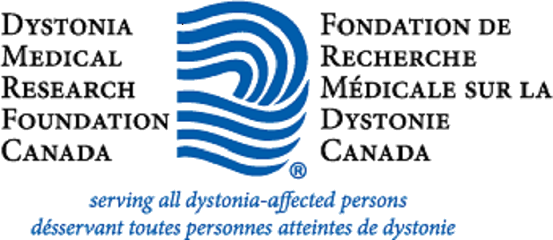Numerous oral medications have been shown to improve dystonia.
No single drug works for everyone, and several trials of medications may be needed to determine which is most appropriate for you. It is essential to clearly communicate with your doctors about all medications you are taking. Changes to medication dosage should be done only under the guidance of a physician.
Categories of medications commonly used to treat dystonia include:
- Anticholinergics
Anticholinergic drugs include Artane® (trihexyphenidyl), Cogentin® (benztropine), and Parsitan® (ethopropazine). These medications act by blocking a neurotransmitter chemical called acetylcholine, which plays an important role in muscle activation.
- Benzodiasepines
Benzodiazepines include Valium® (diazepam), Klonopin (clonazepam), and Ativan® (lorazepam). These drugs act on the neurotransmitter chemical GABA-A.
- Baclofen
Baclofen (Lioresal®) stimulates the body’s ability to process a neurotransmitter called GABA-B. Baclofen can be taken orally or the medication can be continuously fed into the nervous system by a surgically implanted device, often called a baclofen pump.
- Dopaminergic Agents
Some patients with specific types of dystonia respond to drugs that increase the neurotransmitter dopamine. These drugs include Sinemet (levodopa) or Parlodel (bromocriptine). Drugs that block or deplete dopamine are generally discouraged from use in treating dystonia because of the risk of tardive syndromes which may worsen movement symptoms.
- Tetrabenazine
Tetrabenazine (Xenazine®) is a drug that decreases dopamine and is used to treat a variety of movement disorders.
While no magic pill for dystonia exists, oral medications are one piece of the treatment puzzle to help manage the disease. Oral meds can provide relief from some dystonia symptoms, but they’re imperfect. Dystonia patients and their doctors need to find the right balance between benefit and potential side effects for any treatment option.
Learn more about navigating common oral medications used for dystonia here.
Thank you to Dystonia Medical Research Foundation (USA) for allowing us to share this information. The DMRF is a 501(c)(3) non-profit organization dedicated to advancing research for improved dystonia treatments and ultimately a cure, promoting awareness, and supporting the well-being of affected individuals and families.

